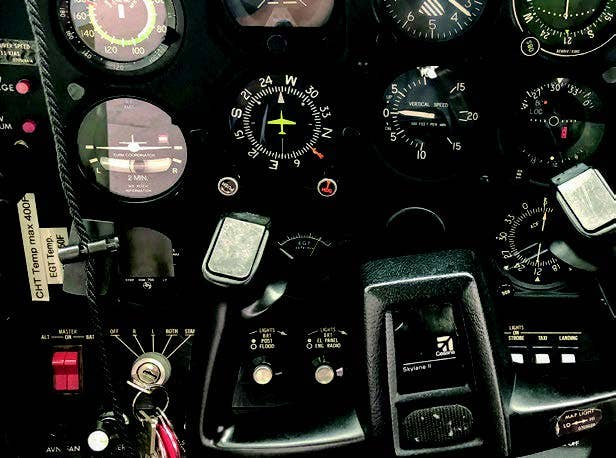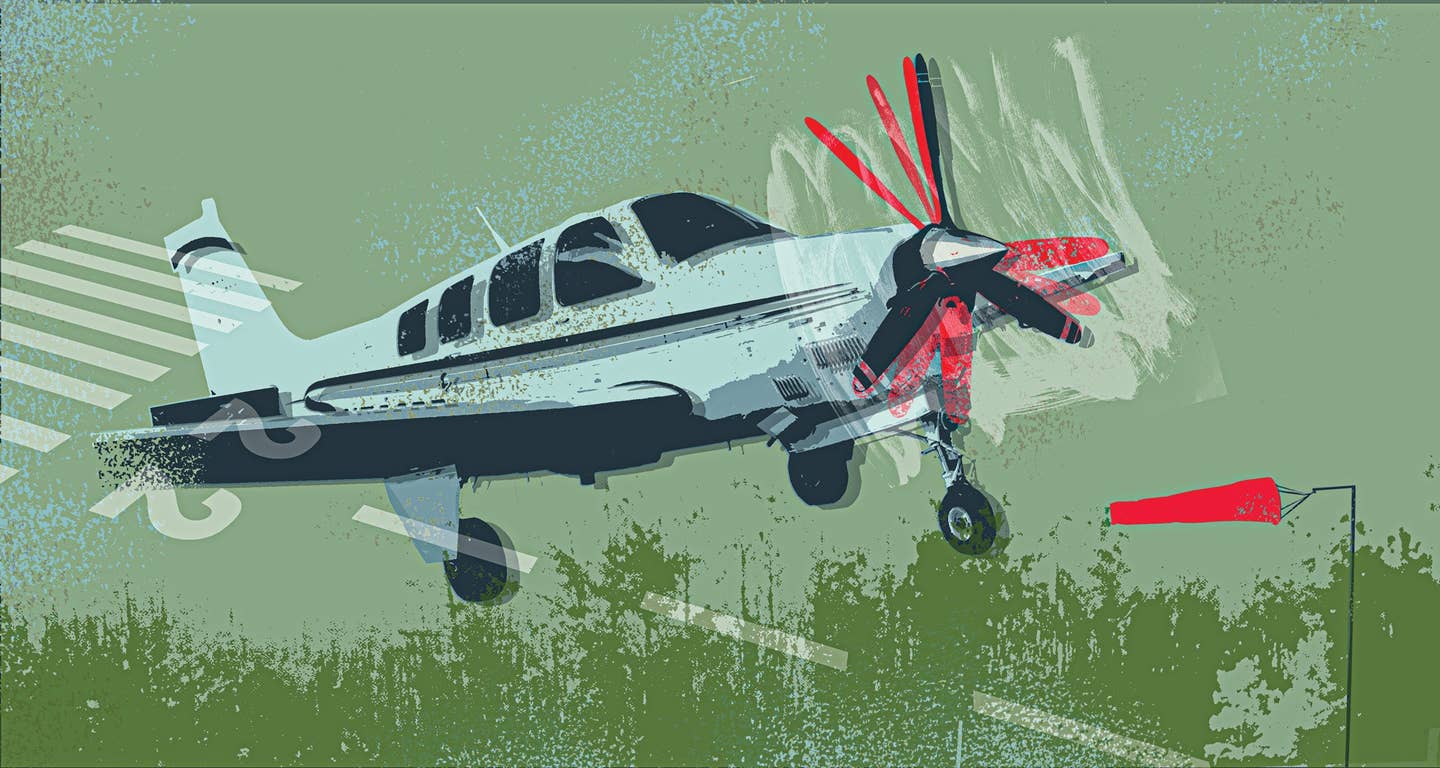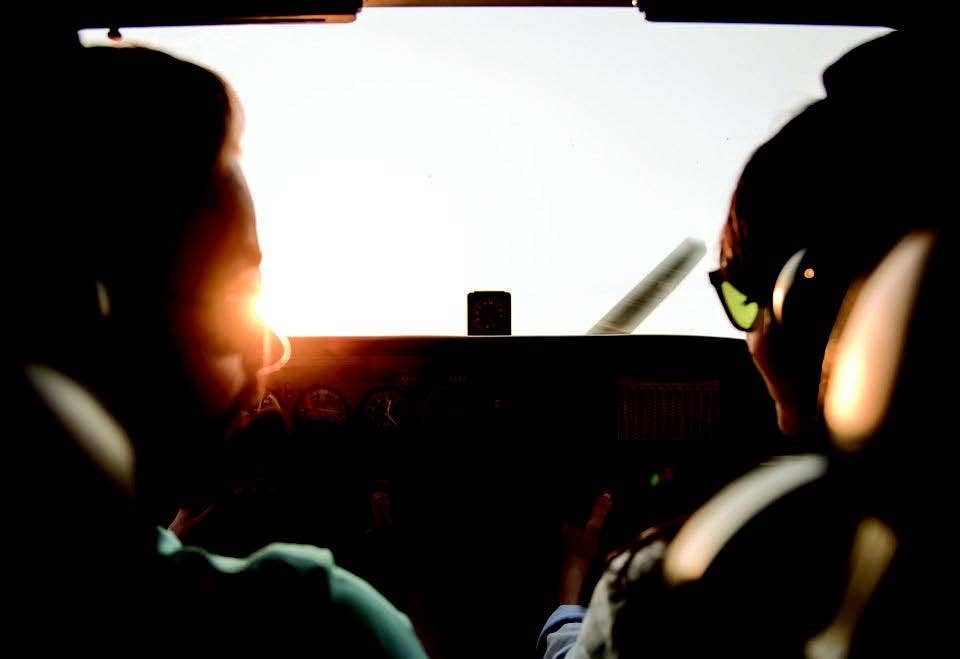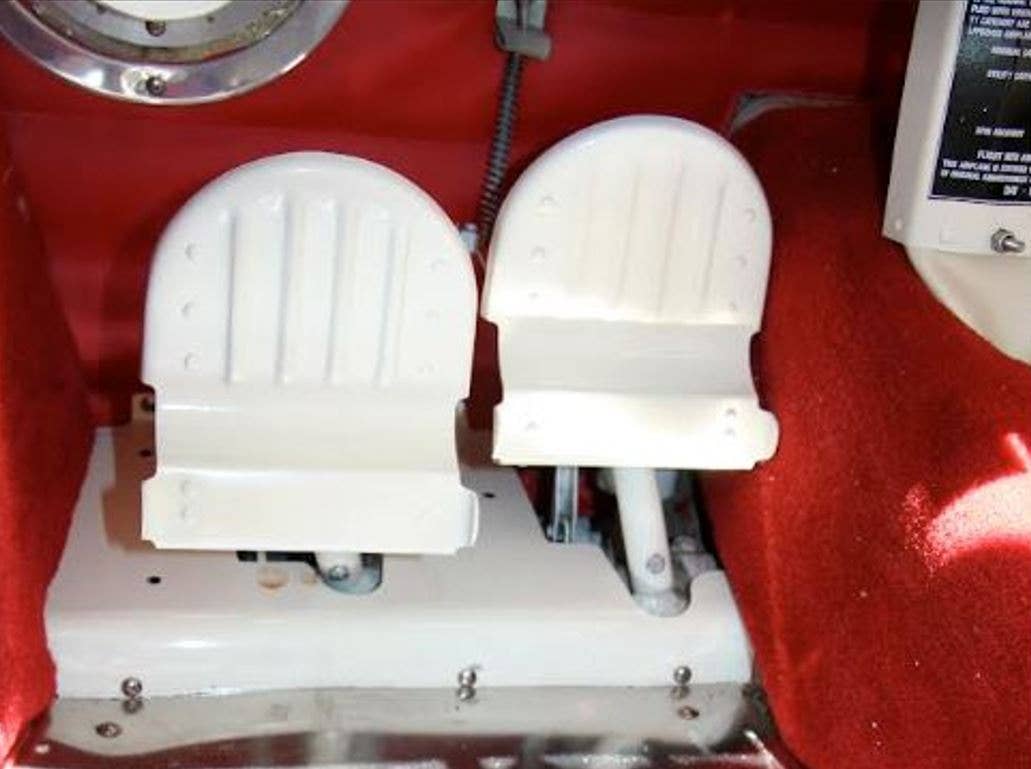
The stunning video of a collision between a pair of Cessna jump planes over Superior, Wisconsin, a few days ago serves as a vivid reminder to always be vigilant for traffic whenever we go flying.
For some reason new pilots seem to think that a midair collision is most likely to occur in a head-on situation with an airplane coming right at them. Accident statistics show that's rarely the case. Indeed, a collision can happen at any angle, at any altitude, at any time of day and just about anywhere.
Midairs are more likely to happen near airports, for reasons that should be obvious. They're also more likely to occur at lower altitudes, where VFR and IFR cruising rules don't come into play.
I have a friend who jokes that when he flies VFR he likes to fly at exactly 1,313 feet, terrain permitting. He says he chooses this seemingly unlucky altitude because it's the last place superstitious pilots will be. What this line of reasoning neglects to consider, of course, is that all pilots flying at higher altitudes will have to climb or descend through this altitude at some point — and that's just as dangerous a scenario because it can put the closing traffic in your blind spot and vice versa.
The best way to avoid a midair collision is to keep your head on a swivel, constantly monitoring for other traffic, especially when you're maneuvering in the terminal area. Onboard traffic advisory systems can be a terrific aid, but remember they aren't foolproof. Just because the display isn't showing any targets in the vicinity doesn't mean there isn't an airplane out there with its transponder switched off — or lacking one altogether.
Even if you never plan on flying formation with another airplane, keeping a watchful eye outside the airplane is critical. If you do fly formation, make sure you and the other pilot have received adequate instruction and have thoroughly briefed the flight beforehand.
We welcome your comments on flyingmag.com. In order to maintain a respectful environment, we ask that all comments be on-topic, respectful and spam-free. All comments made here are public and may be republished by Flying.

Subscribe to Our Newsletter
Get the latest FLYING stories delivered directly to your inbox






